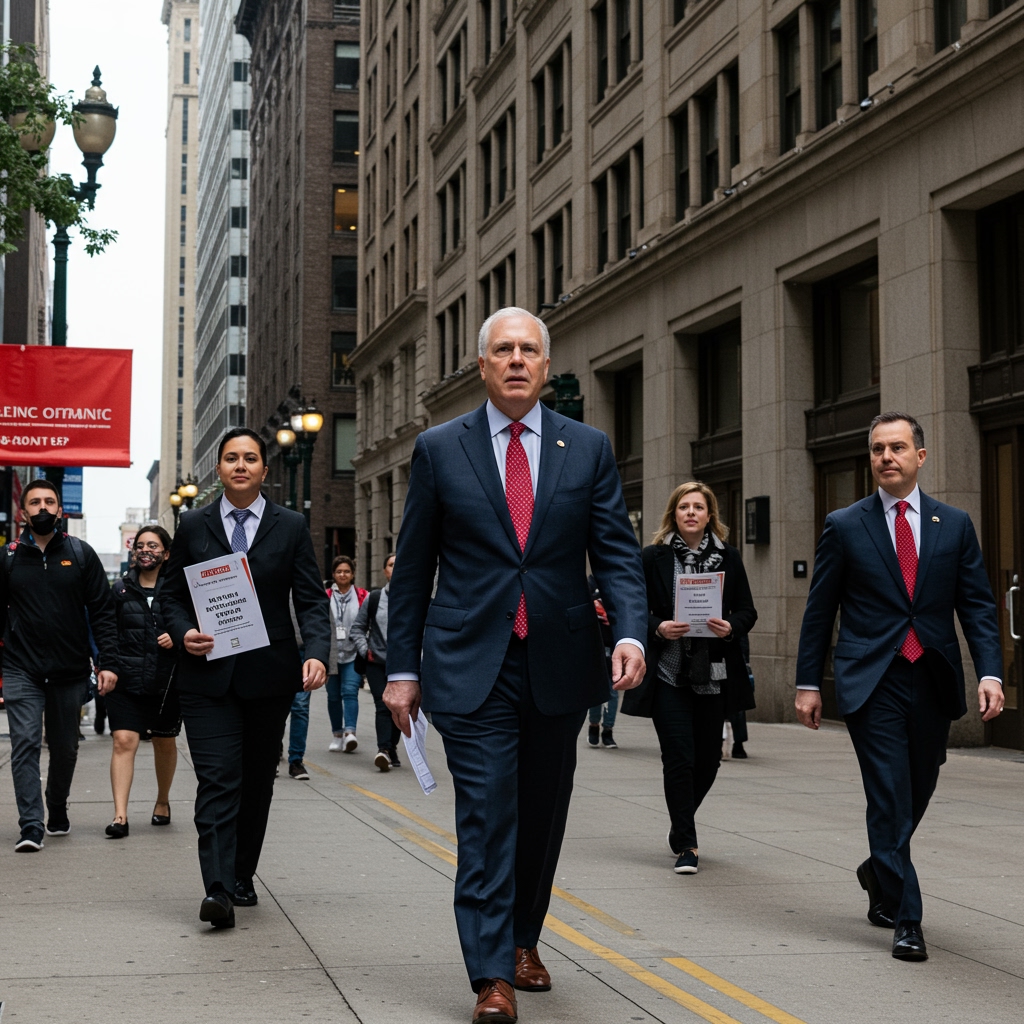The Chicago Tribune Editorial Board published an editorial Wednesday, July 16, 2025, analyzing the emerging trend among Generation Z of using the term “micro-retirement” to describe taking vacations. The commentary suggests that while the terminology is new, the practice of taking breaks, especially during the summer, is a well-established behavior, transcending age and professional status.
The Rise of the ‘Micro-Retirement’
The editorial focuses on the evolving language surrounding time off, specifically how younger generations are framing their vacations. The term “micro-retirement” implies a shorter, more frequent break from work, as opposed to a complete departure from the workforce. While the editorial acknowledges the freshness of the phrase, it underscores that taking time off for leisure, relaxation, or travel is a consistent human behavior. The piece’s argument rests on the idea that Gen Z’s term might be more about branding than a real innovation in behavior.
Beyond the Buzzword
The editorial suggests that the novelty of the term “micro-retirement” may overshadow the commonality of taking breaks. The editorial points out that the summer months, in particular, are often associated with vacations, irrespective of age or profession. Regardless of whether it is framed as “micro-retirement,” “sabbatical,” or simply “time off,” the practice of stepping away from daily routines for a period is well documented.
Historical Context
To emphasize the long-standing nature of taking a break, the editorial provides a historical example. It references Pope Leo XIV, who, according to the source, took a six-week vacation. This detail illustrates that the concept of taking time off is not a modern invention. The pontiff’s lengthy respite from his duties highlights that even those in demanding positions have, historically, found ways to step away for periods of rest and leisure. This adds to the editorial’s argument that the underlying practice of taking a break is more significant than the current popular terminology.
Implications and Observations
The editorial’s observations have implications for both individual behaviors and broader societal trends. The increased focus on work-life balance, particularly among younger generations, contributes to a greater willingness to prioritize time off. The emphasis on frequent breaks aligns with a broader discussion on well-being and mental health. The commentary does not necessarily advocate against the term “micro-retirement,” but rather aims to place it within the larger context of human behavior and societal norms.
The editorial implicitly acknowledges that the rise of remote work and flexible schedules may be contributing to the perception and feasibility of taking more frequent breaks. These changing work environments allow for greater autonomy in managing schedules, potentially allowing individuals to integrate leisure time more easily. The editorial serves as a commentary on language and the meaning that language can impose on daily practices.
Conclusion
In conclusion, the editorial’s main point is that while the term “micro-retirement” may be new, the practice of taking vacations, especially during the summer, is not. The editorial contextualizes the term within a broader historical and societal framework, illustrating that the need for rest and leisure is a fundamental human experience. Whether it’s a papal retreat or a summer getaway, taking a break remains a widespread practice.















